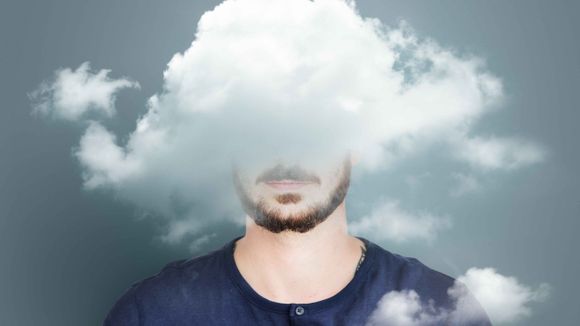What are the current methods of treating depression
According to the National Institute of Mental Health, a severe depressive episode is defined as:
"A period of at least two weeks during which a person has experienced a depressive mood or loss of interest or pleasure from daily activities and has experienced most of certain symptoms, such as problems with sleep, nutrition, energy, concentration or self-assessment." [ [ref. 1] ]
Treatment of depression is usually different for each person, since the symptoms and severity are different in each. Treatment may include a combination of the following methods:
- Support from groups of interests, friends and family members;
- Cognitive-behavioral therapy, which includes training to change mental patterns and actions to help manage symptoms;
- Medications such as antidepressants, which are on prescription.
Improving other areas of health and maintaining general well-being can also help treat depression. For example, the use of relaxation and exercise techniques can be beneficial for people with depression and anxiety, and in general for each person.
Given technological advances and innovations in medicine, researchers are constantly looking for ways to address depression, including through additional treatment methods.
Probiotics as an adjunct to the treatment of depression
The scientific publication in Translational Psychiatry is a randomized controlled trial that examines in depth the relationship between bacteria in the gut and their relationship to the brain. The study authors note that according to previous research, there have also been changes in the composition of bacteria in the gut among people with depression. [ [ref. 3] ]
The participants included in the study were adults who currently had depression. The researchers used hamilton's depression assessment scale to assess participants' depression. [ [ref. 4]
Participants were divided into one of two groups: one group received probiotics for four weeks, while the other received a placebo.
The researchers found that participants who received probiotics had a more successful reduction in depressive symptoms. They also noticed an increase in a group of probiotic bacteria, called Lactobacillus, in the gut flora of participants who received probiotics.
Dr. Andre Schmidt, author of the study and a neurologist, noted that among the highlights of the study were the supportive effect of probiotics on antidepressants in patients with severe depressive disorder.
According to him, a 4-week period of intervention further facilitated clinical decision-making, that is, to decide whether the combination of antidepressants [and] probiotics works or not. The relief of depressive symptoms goes along with the increased variety of Lactobacillus species," he told british portal Medical News Today.
Limitations of the study and next steps

The study provides valuable data and shows that the use of probiotics can be useful in the treatment of depression. However, it also has several limitations.
First, the study included a limited number of participants. The authors also noted that participants' compliance with taking a probiotic or placebo was not perfect, which may have influenced the results. Further research may include longer follow-up and more participants.
In addition, the results can be influenced by multiple probiotic strains and their interaction with the body, so examining the specifics will be important in future studies. Another area that researchers can study more thoroughly is the different interaction between antidepressants and probiotics.









